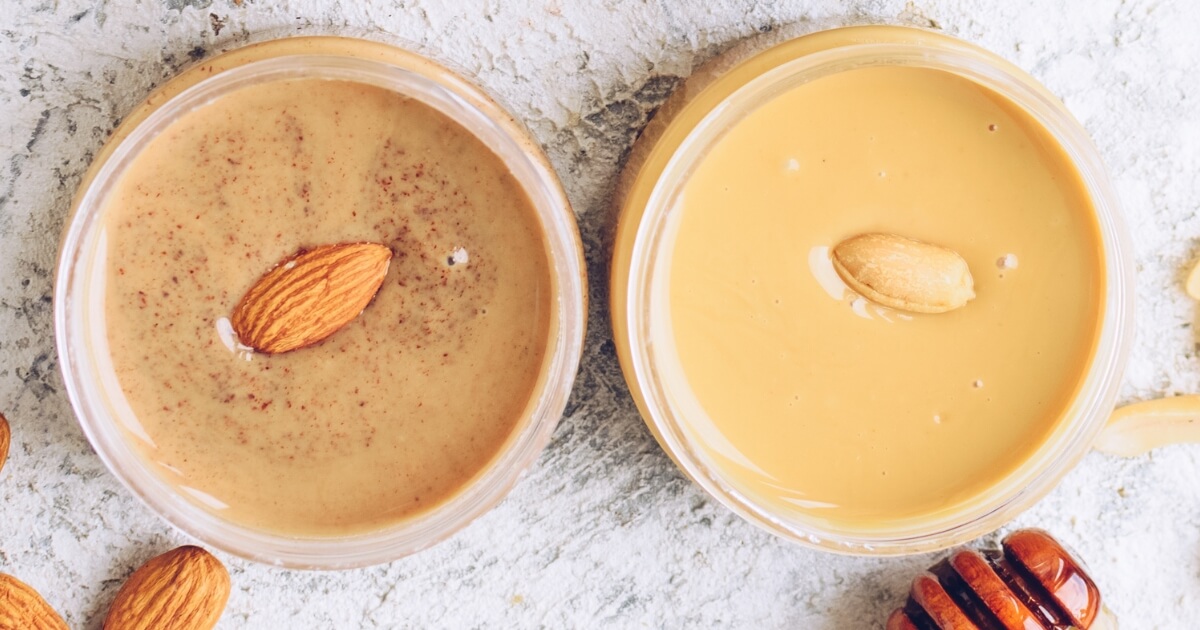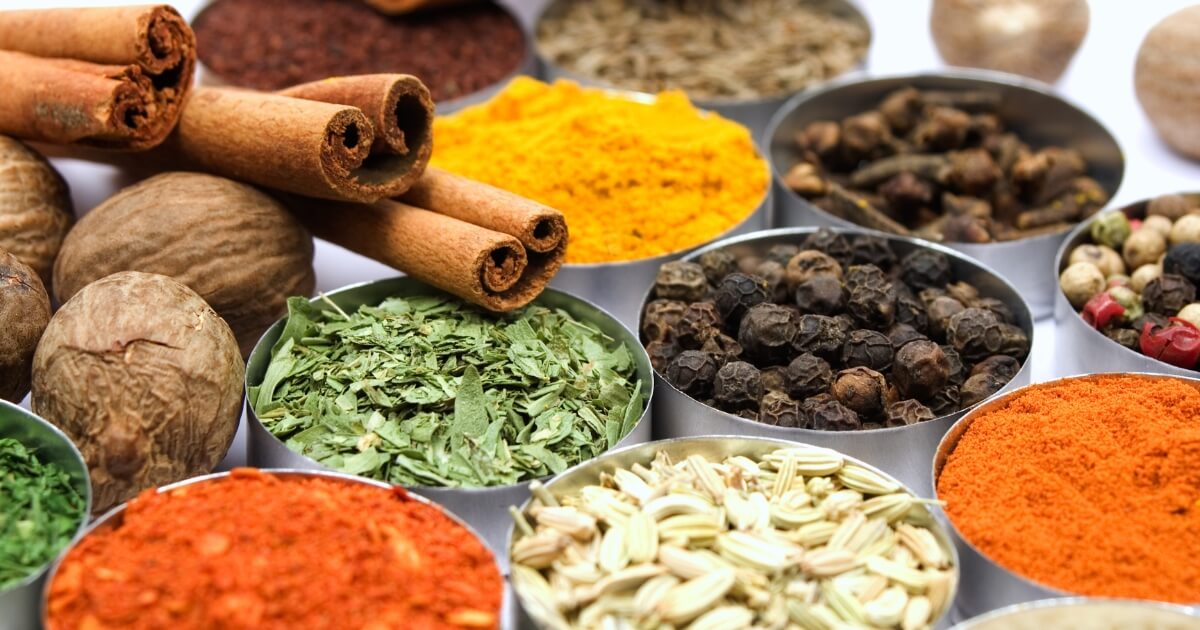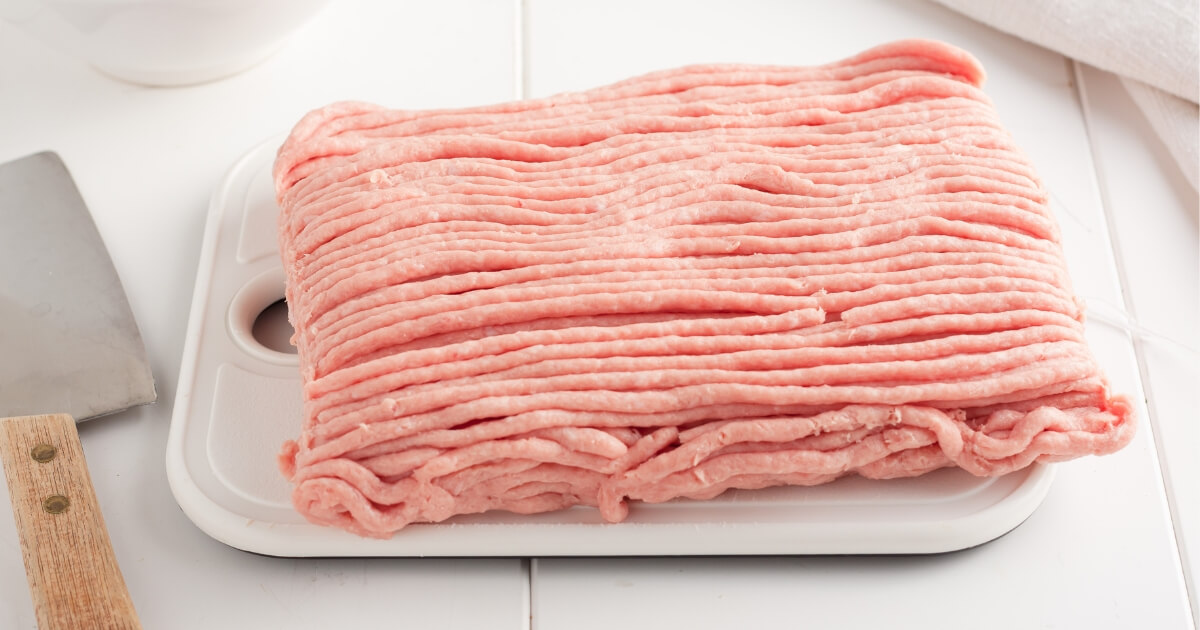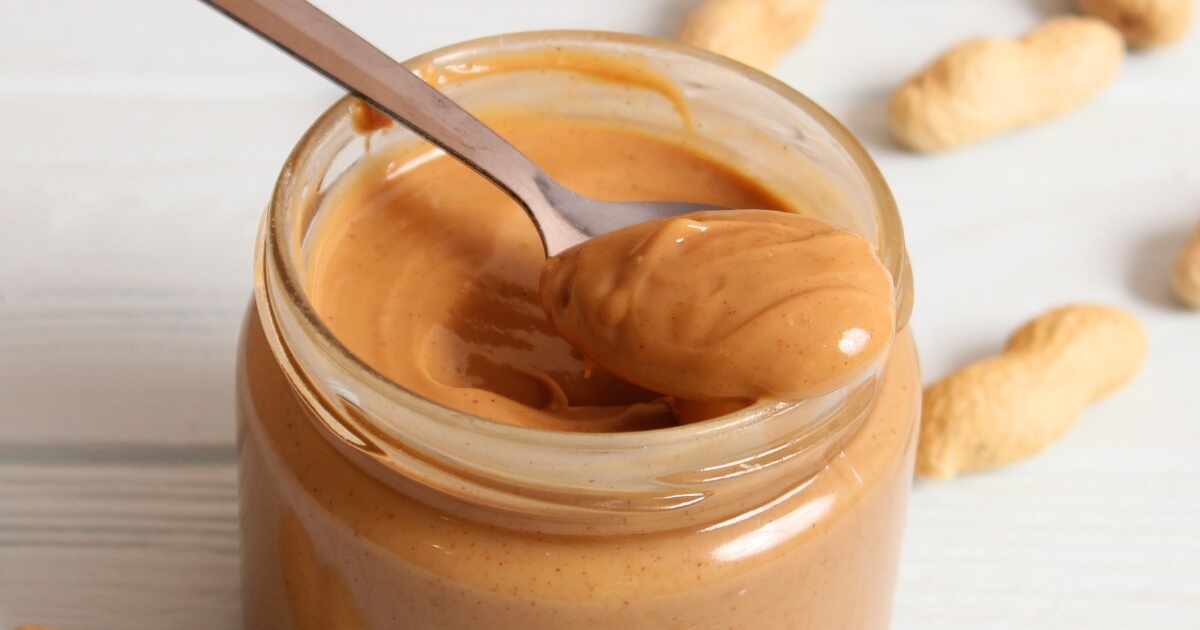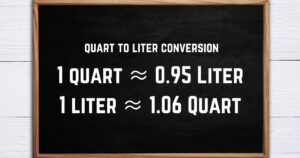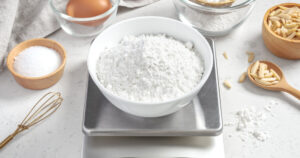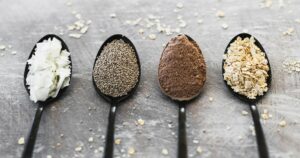You are preparing a delicious recipe that requires a nice touch of honey. You grab your honey jar out of the pantry only to find it crusty and not-so-sweet looking.
You really need it, but who knows how long it’s been lurking in the pantry? So, is the honey bad? Probably not.
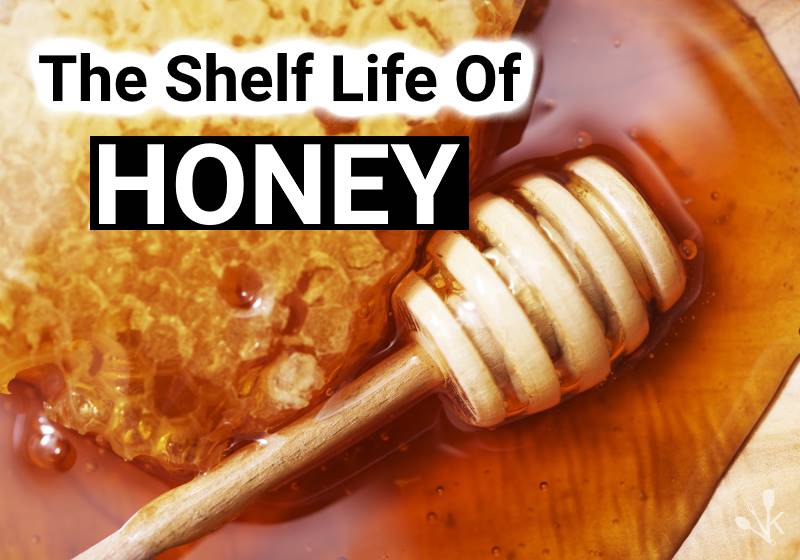
Honey by itself won’t go bad. In fact, it’s one of the few foods that doesn’t really need an expiration date. A lot of factors make honey so long-lasting, like water content and acidity. Even if your honey is thick and sugary, it’s probably fine to use, as long as there is no rancid smell or bad taste.
Shelf Life Of Honey
Depending on where you got your honey, it may or may not have an expiration date on the packaging.
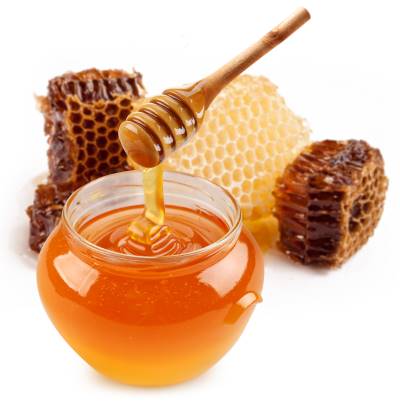
Although honey could potentially last for thousands of years, see edible honey found in Egyptian tombs, it’s more likely that yours won’t quite have that shelf life.
Here’s a quick guide to help you out.
- Raw honey – 2 to 5 years
- Pasteurized honey – 3 to 5 years
- Filtered honey – 3 to 5 years
- Unfiltered honey – 2 to 5 years
- Bottled honey – 3 to 5 years
- Opened honey – 2 to 5 years from when it was purchased
- Unopened honey – up to 5 years on the shelf, then 2 to 5 years from the date of opening
- Honey with comb – 2 to 5 years
The two-year expiry is a standard number that honey producers use for commercially sold honey. This isn’t necessarily factual, as honey that has been properly packaged and stored can have a shelf life of 10 years or more.
The reason for the two-year expiration date is more for taste than quality. After a few years, an opened and used container of honey can slowly lose its flavor and aroma. It probably won’t be rotten in the traditional sense, but it won’t taste as good as fresh honey.
The type of honey doesn’t make much difference to the shelf life.
The only difference between raw honey and pasteurized honey is that pasteurized honey has been processed with the use of heat.
This helps kill any bacteria, like botulinum, that may be hiding in the honey and gives pasteurized honey, filtered honey, and bottled honey a slightly longer shelf life.
How to Tell If Honey is Bad
The biggest clue that honey has turned rancid is the smell. Since yeast and bacteria will make the honey go bad, there will be a stinky, sour smell to the normally sweet-smelling honey.
Although the honey may look the same as it usually does, there will be a bad taste in addition to the odor. It will taste sour, not sweet. Spoiled honey should be obvious when you open the jar.
Help! My Honey Turned Dark!
Honey darkening is totally natural. This is one of honey’s normal physical changes during storage. Darkened honey is totally safe to eat, although you may notice a slight reduction in the intensity of the flavor.
Does Honey Go Bad When It Crystallizes?
Crystallized honey is a common problem. After sitting for some time, more natural types of honey – like those that are raw or unfiltered – will certainly crystallize. This is because of the particles in the honey. They can be anything from enzymes to pollen and aren’t harmful.
They cause the glucose to granulate more quickly, which results in the grainy texture of crystallized honey.
To solve this problem, simply place your jar of honey in a container of warm water and stir it until the crystals dissolve.
Even though honey has wonderful properties that keep it from going bad, that doesn’t mean that it can’t happen. If you are in doubt, throw it out!
Can You Get Sick From Eating Old Honey?
Eating old honey probably won’t make you very sick. In fact, old, “spoiled” honey is what creates mead, an alcoholic beverage. Yeast and water are what make honey go bad via fermentation of the sugars.
Honey is said to be naturally antibacterial for a number of reasons. Because honey is acidic and doesn’t contain a lot of moisture, many bacteria simply can’t survive in it. So, normal bacteria that would cause mold or other obvious problems aren’t usually found in honey.
While it will taste very gross, old honey isn’t likely to send you to the doctor. Very sour and rotten honey may give you an upset stomach if eaten in large quantities (which is unlikely, given the horrible taste!) but a teaspoon of old honey isn’t likely to have a huge effect.
Storing Honey The Right Way
The most important thing to help keep honey from going bad is to store it properly. To do this, you want to keep any and all moisture out of your container of honey.
Make sure that the lid is tightly sealed so that all water stays out. If dried honey on the lid prevents a tight seal, remove the lid and clean it with hot water. Let it dry completely before placing it back on the honey container and you should be good to go.
Properly storing honey will also prevent it from crystallizing so quickly. Glass jars kept at room temperature are your best bet. Plastic containers – which are more porous – and the cool temperature of the refrigerator can make honey crystallize quickly.
Keep your honey sealed and dry and it will stay sweet for years to come!

